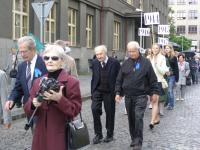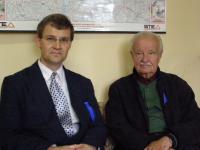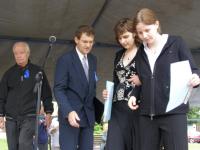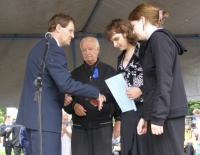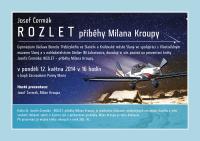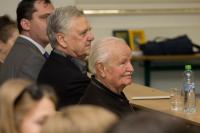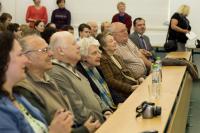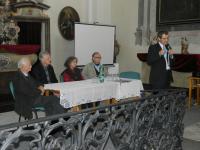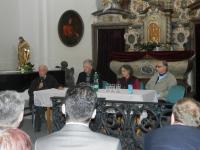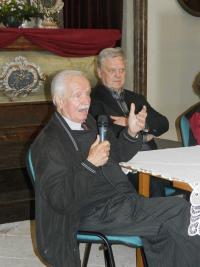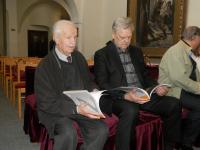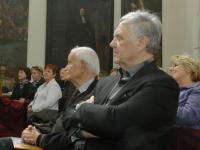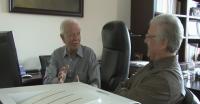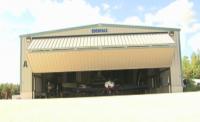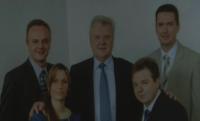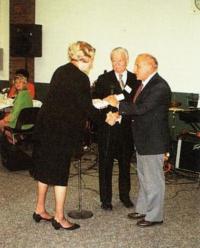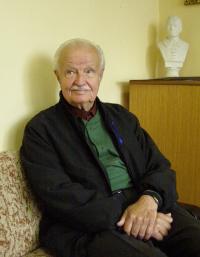The truth should never be underestimated

Stáhnout obrázek
Josef Cermak was born on November 15, 1924 in Skurach. He graduated from the grammer school called Vaclav Benes Trebizkeho in Slane, 1943. He was forced into labor in Poldi Kladno and after the war began, he started to study at the School of Law at Charles University. Throughout February of 1948, he attended student demonstrations, including a march to the Prague castle. During the funeral of President Edvard Benes, he was arrested. A short time after his release, he decided to emigrate. He spent several months in refugee camps in Bavaria, and in April of 1949 he emigrated to Canada. He went through a series of jobs in from then until 1950, when he joined the Toronto Public Library. After coming to Canada, he was an active member of clubs and on the boards of a number of companies that dealt with cultural and sports organizations. He sought to provide free legal assitance to the needy, organized a series of educational events about relations between Canada and the Czech Republic. With Milo Kubik, he created dozens of Czech, Slovak, and English programs for Toronto television, and co-organized exchange concerts between Canada and the Czech Republic. Jounralism and theatre played an important role in his life, and he holds a range of international awards and honors. These include the Epstein Award, Arbor Award, membership in the gorup 175, and Commemorative Medal from the president of the Czech Republic.

